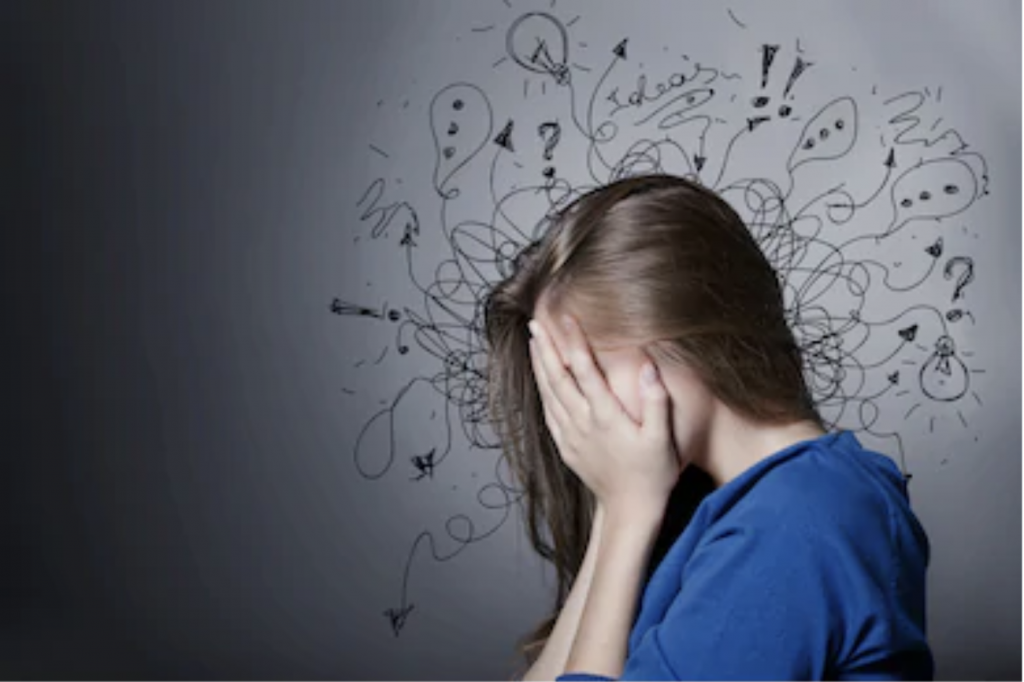
Anxiety affects many of us on a daily basis, as it is one of the most common mental disorders during present times. It could potentially affect our work/school performance as well as our relationships. Anxiety disorders include social anxiety disorder, obsessive-compulsive disorder (OCD), generalized anxiety disorder (GAD) and post-traumatic stress disorder (PTSD) (American Psychiatric Association, 2013). As a mood disorder, anxiety disorders can lead us to seeing the world in a more threatening way than the way it truly is.
Things to practice when you are at home:
- Mindfulness
- Breathing Techniques
- Exercise
- Maintain a healthy diet
Mindfulness
Mindfulness helps you focus on the present moment, which is important in regards to your mental well being. Being present can ease unnecessary/excessive worrying, thus reducing anxiety symptoms especially when you are at home.
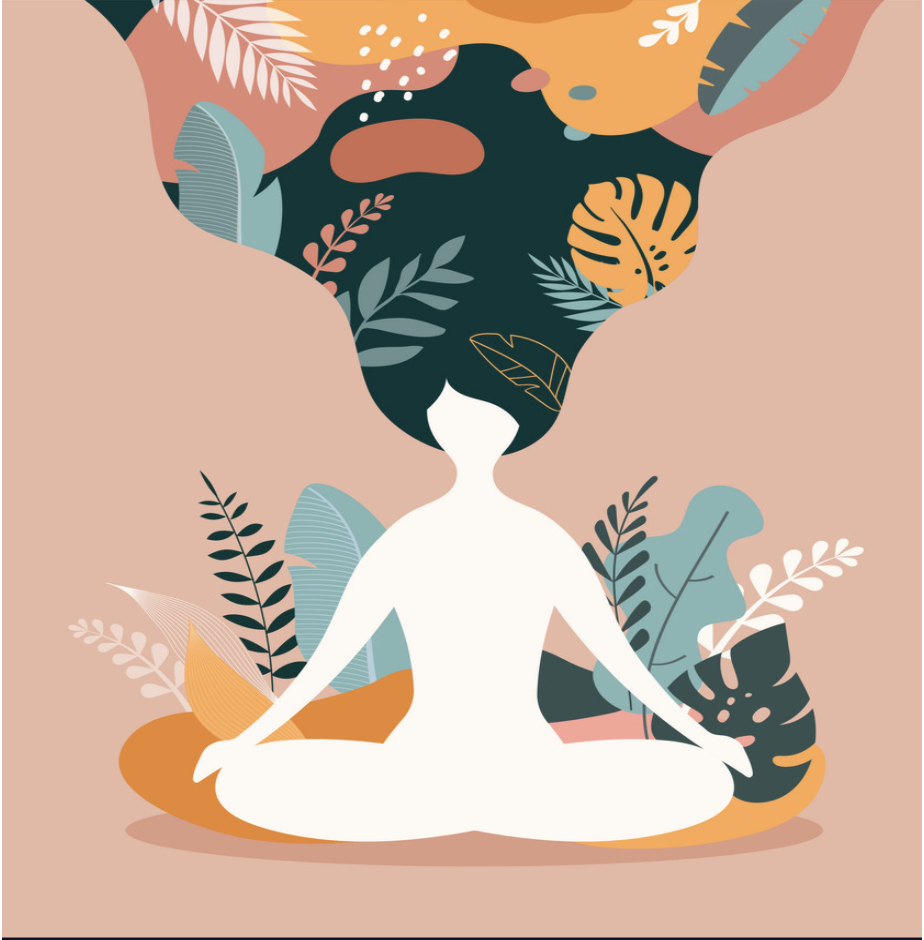
A popular way of practicing mindfulness is through meditation. To meditate, follow these steps:
- Step One: Sit or lay down comfortably, but it is best to sit on the floor and criss-cross your legs. Then put both your hands on each knee
- Step Two: Close your eyes
- Step Three: Breath naturally
- Step Four: Focus your attention on your breathing, or to an external sound or stimulus, such as a ticking of a clock
Mindfulness meditation takes practice. So it is a good idea to start meditating for just 5 minutes on your first time, then gradually increase the time as you get better at it.
Breathing technique
(Quieting Response Method)
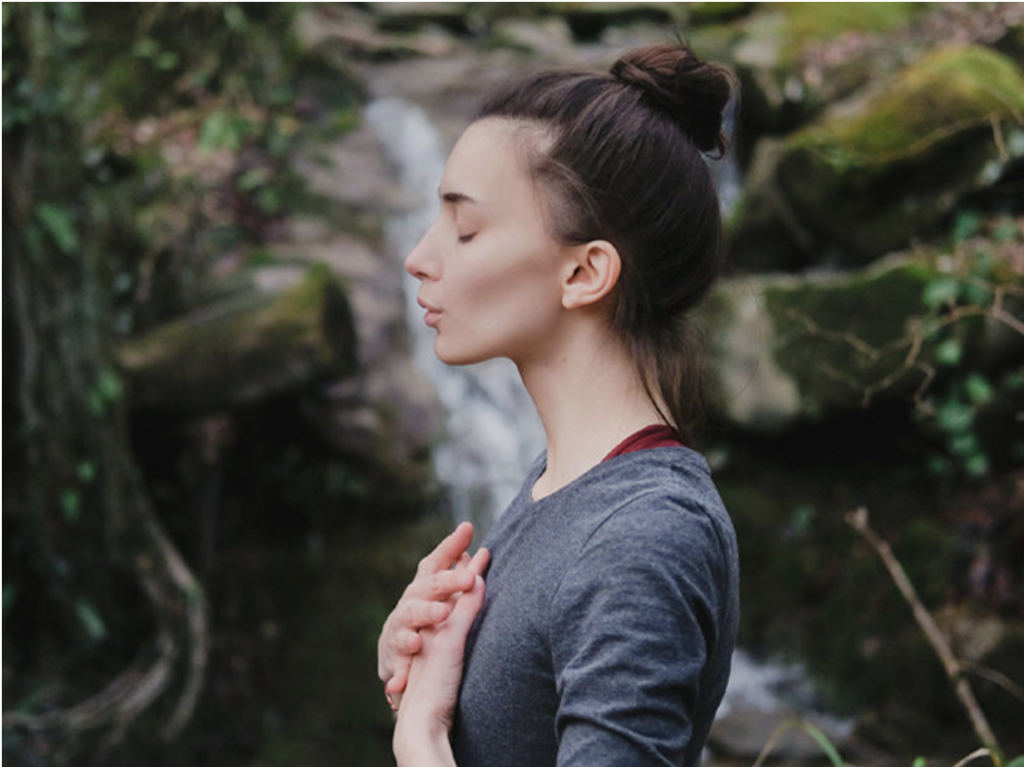
The quieting response breathing technique combines deep breathing along with visualization in order to help regulate stress and to reduce the feelings of anxiety. To achieve its benefits, relax all your muscles in your face, shoulders, and imagine having a hole in the soles of your feet.
- Step One: Take deep breaths and visualize your breaths as hot air entering your body from your nose, and the holes on your feet
- Step Two: Imagine hot air flowing up your legs, through your torso and eventually entering your lungs. Relax all muscles as the warm air passes through your body
- Step Three: Slowly, breath out the air and imagine the air moving out of your body through the holes on your feet. Repeat these steps until you feel calm
Exercising
Without a doubt, working out has many benefits to your physical health. But not only will exercise improve the health of your body, it can help improve the health of your mind as well (Taylor et al,. 1985). According to the Public Health Reports, there is much evidence that suggests a relationship between physical activity and the mental well being of the individual. Therefore, ensuring enough exercise will improve your mental health and manage your anxiety symptoms.
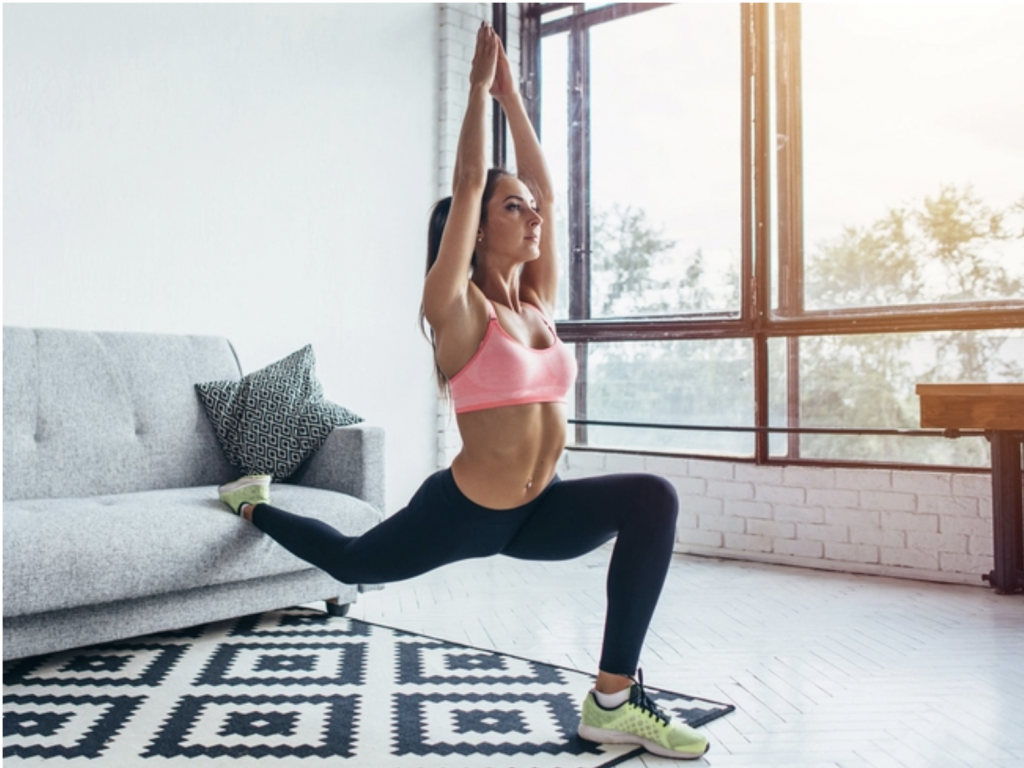
Aerobic exercise increases the oxygen levels in your system, which is also very essential for your brain. Exercising helps ease anxiety symptoms as it helps regulate many of the hormones within your body (Gawel et al,. 1979).
Even Though gyms are closed, and sports clubs are cancelled, there are many other ways of exercising at home, such as:
- On the spot jogging
- Jumping jacks
- Yoga
- Dancing
- And so much more…
You can even purchase workout equipment online at home!
Maintaining a Healthy Diet
Similarly to exercising, maintaining a healthy diet is also an important factor to maintaining a healthy mind. The health of your mind and the health of your body goes hand in hand with each other. If you do not consume the nutrients that your body needs, your body will respond negatively, and thus, so will your brain.

When you are not receiving the proper nutrition that your body needs, your brain will respond to this and thus, you may feel more negatively and irritated due to your body’s needs for maintaining homeostasis. As a result of this, your feelings of anxiety are very likely to worsen.
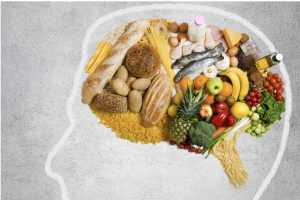
Right now, because of the pandemic, the chances that we go outside has been reduced. Because of this, we are now less exposed to the sun. Due to our lack of exposure, we receive much less vitamin D (Robinson, 2005). Foods such as eggs, mushrooms, fortified milk, yogurt, and fortified orange juice contain vitamin D. So it is best to consume more of these foods during this time.
So make sure that you eat properly because that brain of yours needs it!
Note: The Free Your Mind Mental Health Society is an independent youth-led organization. The contents of this blog are not intended to be a substitute for professional medical advice, diagnosis, or treatment. Always seek the advice of your physician or another qualified health provider with any questions you may have regarding a medical condition. In the event of a medical emergency, please call your doctor or 911 or other local emergency numbers immediately.
Literature cited:
American Psychiatric Association. (2013). Diagnostic and statistical manual of mental disorders (5th ed.). Washington, DC:
Robinson JK. Sun Exposure, Sun Protection, and Vitamin D. JAMA. 2005;294(12):1541–1543.
Taylor CB, Sallis JF, Needle R. The relation of physical activity and exercise to mental health. Public Health Rep. 1985;100(2):195-202.
Gawel MJ, Park DM, Alaghband-Zadeh J, Rose FC. Exercise and hormonal secretion. Postgrad Med J. 1979;55(644):373-376. doi:10.1136/pgmj.55.644.373

One thought on “Anxiety Management During Quarantine”
Comments are closed.